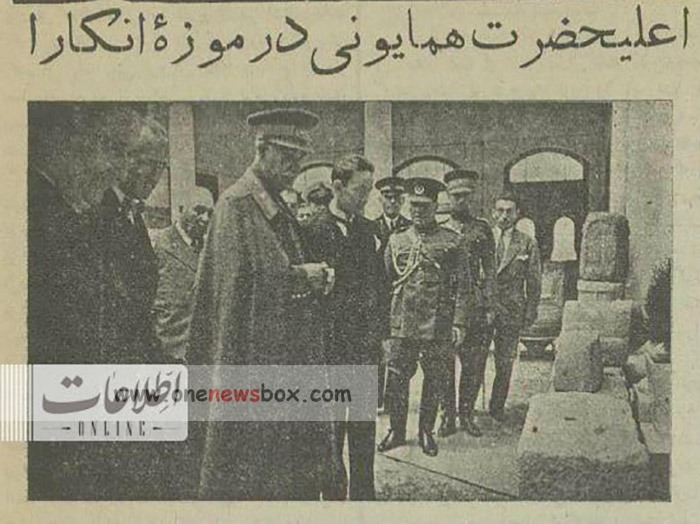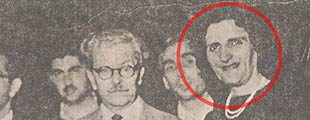Reza Shah Pahlavi, who ruled Iran from 1925 to 1941, was a transformative leader with a keen focus on reducing foreign influence and modernizing the nation. His foreign policy initiatives were aimed at balancing the dominance of British and Soviet interests in Iran, asserting Iran’s independence, and fostering relations with other nations to achieve these goals. This article delves into the various aspects of Reza Shah’s foreign policy and his efforts to reshape Iran’s international relations.
Early Moves to Curtail Foreign Influence
One of Reza Shah’s earliest acts after the 1921 coup, which brought him to power, was to dismantle existing treaties that granted foreign powers significant influence over Iranian affairs. A key step was the abrogation of the 1921 Treaty with the Soviet Union, reflecting his intention to distance Iran from Soviet control and influence. This move was symbolic of his broader strategy to reclaim Iranian sovereignty and control over its own affairs.
Strengthening Ties with Turkey
In 1934, Reza Shah made a significant diplomatic gesture by visiting Turkey and meeting with its President, Mustafa Kemal Atatürk. This visit highlighted a mutual recognition between the two leaders, both of whom were focused on modernizing their respective nations. During their meeting, Reza Shah communicated in Azerbaijani, while Atatürk spoke in Turkish, emphasizing the cultural and historical ties between their countries.
The visit to Turkey was not merely ceremonial; it underscored Reza Shah’s desire to learn from Atatürk’s modernization efforts and to forge a strong alliance with a neighboring nation that shared similar modernization goals. This relationship was intended to counterbalance the overwhelming influence of Western powers, particularly Britain and the Soviet Union, in the region.

